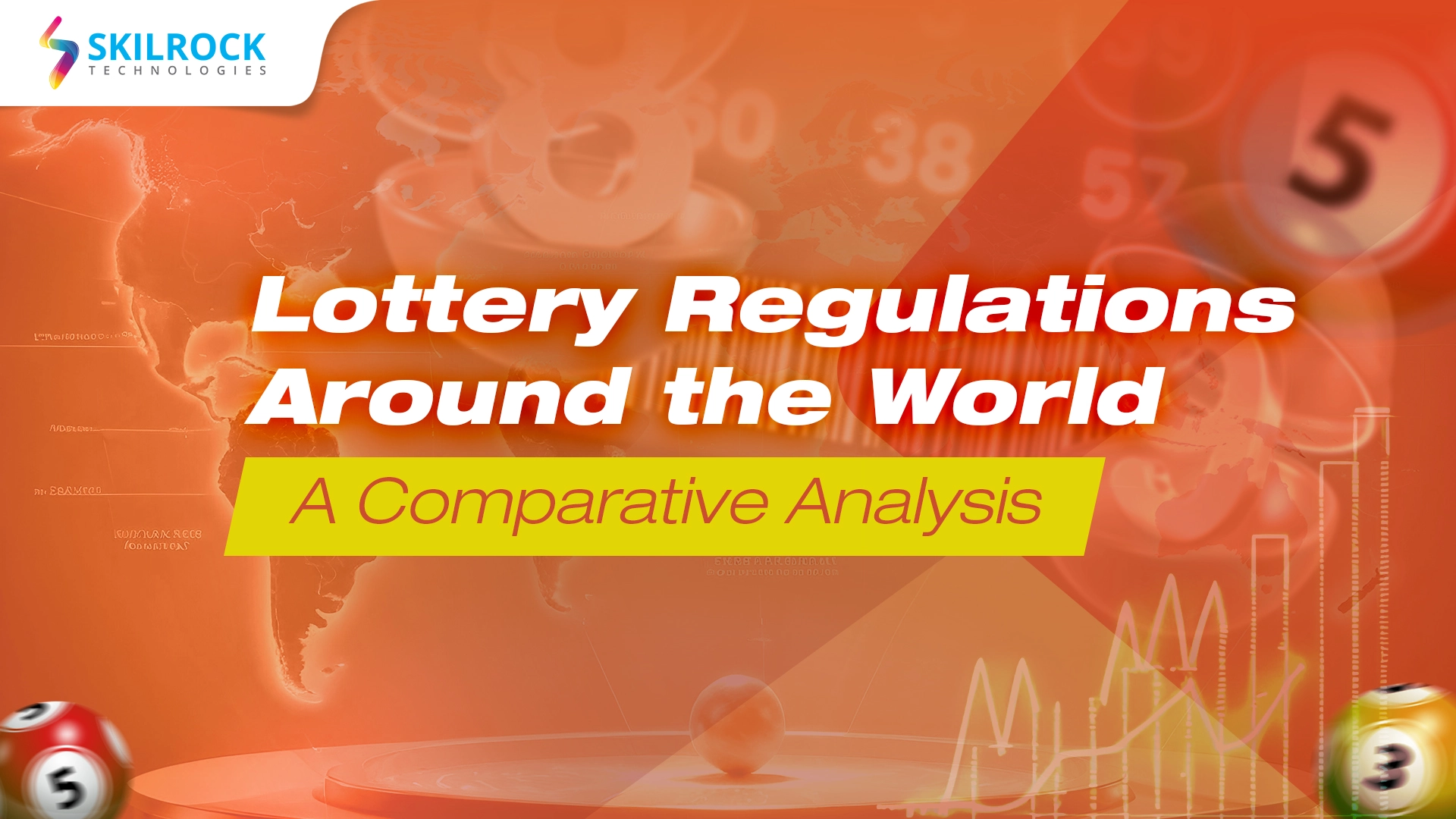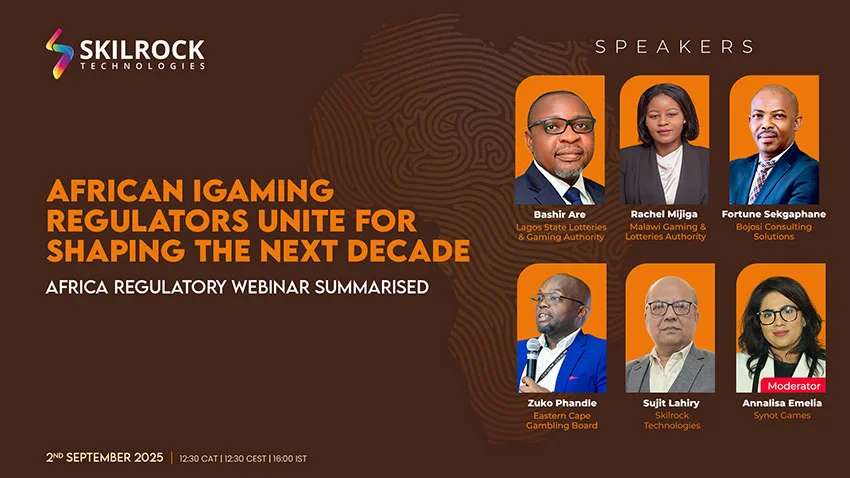Lottery Regulations Around the World: A Comparative Analysis
Lotteries have been a popular form of gambling for centuries, with various countries having their own unique regulations and frameworks. This article provides an extensive comparison of lottery regulations across different regions, including Latin America, North America, Europe, and Africa. We will also delve into licensing, taxation, and government oversight, highlighting the similarities and differences between these regions.
Latin America: A Region of Growth and Social Responsibility
Latin America's lottery market is characterized by a strong focus on social responsibility and revenue generation for good causes. Regulatory frameworks prioritize player protection, with measures such as age verification and self-exclusion programs. The region has seen significant growth in online lottery sales, driven by increasing internet penetration and mobile adoption. Countries like Brazil, Mexico, and Argentina have established robust regulatory frameworks, ensuring a balance between player protection and revenue generation.
North America: A Mature Market with Strict Regulations
North America's lottery market is well-established, with a strong emphasis on combating illegal gambling and ensuring player protection. Regulatory frameworks are primarily state-based in the US, with federal oversight of interstate lottery operations. Canada's provincial governments regulate lottery operations, with a focus on responsible gaming and revenue generation for good causes. The US has strict regulations, including background checks and financial stability requirements for operators, while Canada prioritises responsible gaming measures.
Europe: A Diverse Landscape with Emphasis on Player Protection
Diverse regulations, with a strong emphasis on player protection and responsible gaming, characterise Europe's lottery market. Regulatory frameworks prioritize measures such as age verification, self-exclusion programs, and responsible gaming messaging. The region has seen substantial growth in online lottery sales, driven by growing internet penetration and mobile adoption. Countries like the UK, Germany, and France have established robust regulatory frameworks, ensuring a balance between player protection and revenue generation.
Africa: An Emerging Market with Opportunities for Growth
Africa's lottery market is evolving, with regulatory frameworks still developing in some countries. However, the region offers significant opportunities for growth, driven by increasing internet penetration and mobile adoption. Regulatory frameworks prioritize player protection and revenue generation for good causes, with measures such as age verification and self-exclusion programs. Countries like South Africa, Nigeria, and Kenya are establishing robust regulatory frameworks, ensuring a balance between player protection and revenue generation.
Licensing in the Lottery Industry
In Latin America, lottery licensing requirements prioritize financial stability, integrity, and transparency. Operators must demonstrate sufficient funds to operate and pay prizes, undergo background checks, and maintain clear ownership structures. Licensing authorities also emphasize player protection measures, such as age verification and self-exclusion programs. In North America, state-based licensing in the US and provincial licensing in Canada ensure operators meet strict standards. Licensing requirements include financial stability, integrity, and transparency, as well as responsible gaming measures.
In Europe, licensing prerequisites vary by country, but most demand financial stability, integrity, and player protection measures. The European Lottery Association promotes a standardized approach to licensing, emphasizing transparency and accountability. In Africa, emerging markets require licenses, focusing on player protection and revenue generation for good causes. Licensing authorities are establishing stricter requirements, including financial soundness and integrity checks.
Taxation of Lottery Revenue and Winnings
In Latin America, lottery winnings are generally tax-exempt, but operators pay taxes on revenue. This approach encourages players to claim prizes while yielding revenue for governments. In North America, the US federal government taxes lottery winnings above $5,000, while Canada exempts winnings from taxation. This difference in approach impacts player behaviour and operator profitability.
In Europe, taxation varies, with some countries taxing lottery revenue and others exempting winnings. The European Union promotes a harmonized approach to taxation, balancing government revenue needs with player incentives. In Africa, taxation differs by country, with some taxing lottery revenue and others exempting winnings. As the market evolves, governments are reevaluating taxation strategies to optimize revenue and player engagement.
Government Oversight in the Lottery Industry
In Latin America, national and provincial authorities regulate and monitor lottery operations, ensuring integrity and fairness. Regulatory bodies enforce regulations, conduct regular auditing, and investigate irregularities. In North America, state-based regulation in the US and provincial regulation in Canada ensure strict oversight. Government agencies monitor operations, enforce regulations, and protect players.
In Europe, national authorities regulate and monitor lottery operations, with some countries having autonomous lottery regulators. The European Lottery Association encourages cooperation and information sharing among regulators. In Africa, regulatory bodies oversee lottery operations, assuring integrity and fairness, but capacity varies by country. Governments are strengthening oversight to prevent fraud and protect players.
Conclusion
Lottery regulations differ across regions, reflecting unique cultural, social, and economic contexts. While there are differences in licensing, taxation, and government oversight, there is a shared focus on player protection, social responsibility, and revenue generation for good causes. As the lottery industry continues to evolve, regulators must balance player protection with innovation and growth, ensuring a sustainable and responsible gambling environment.


 English
English

 Spanish
Spanish
 Portuguese
Portuguese










